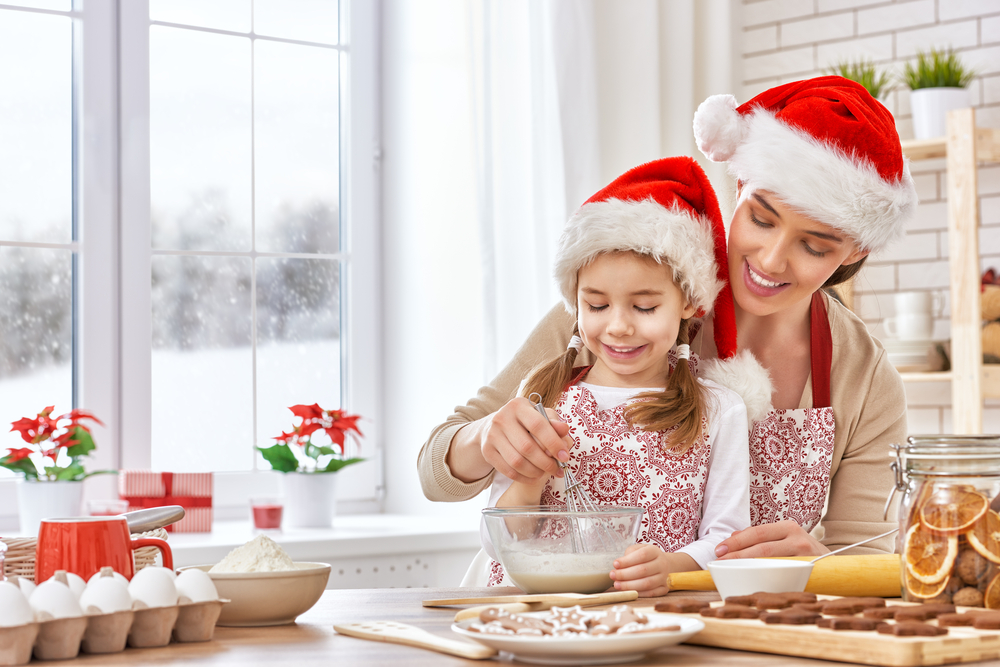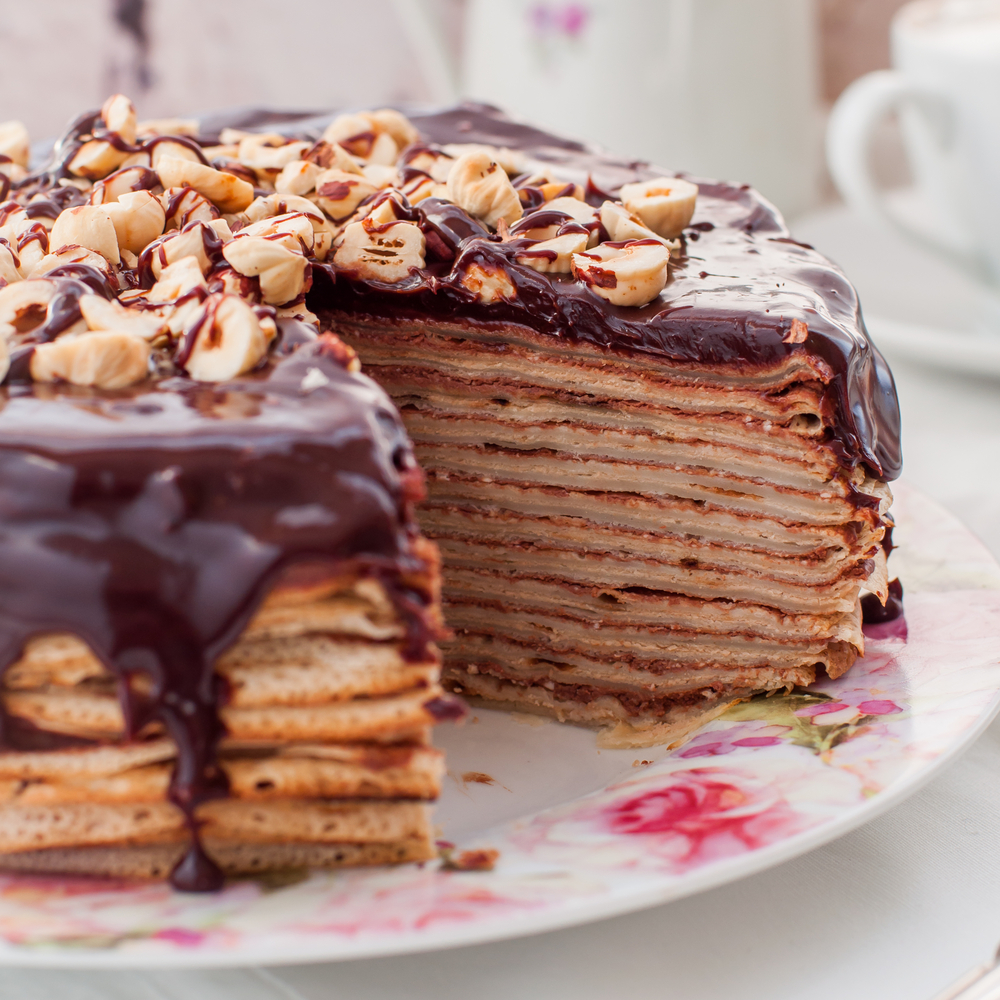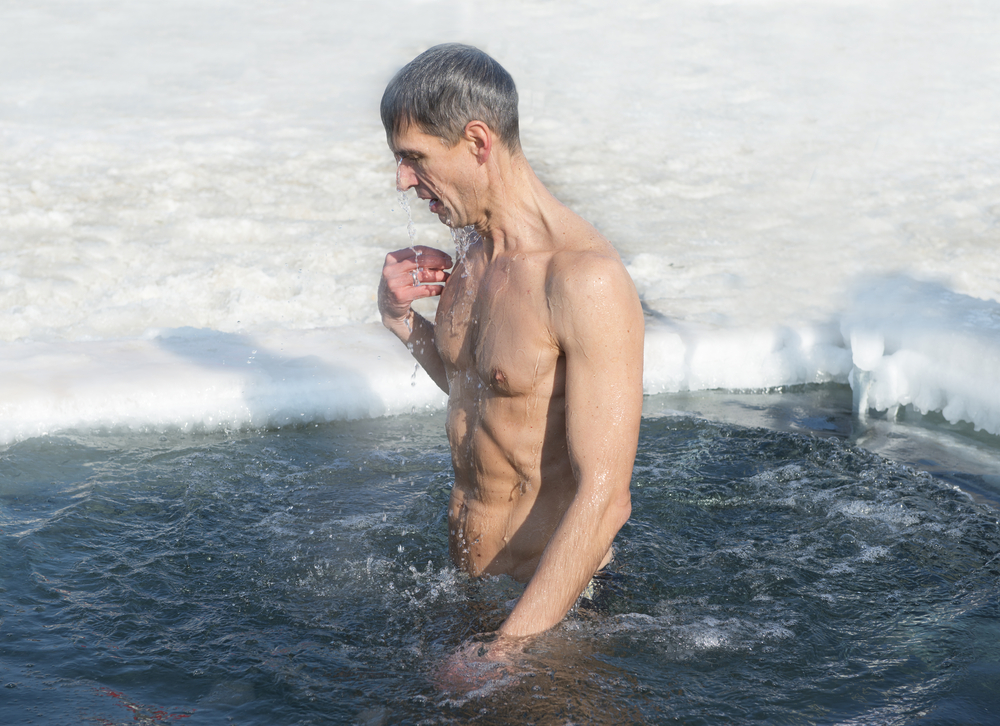Russian traditions




Russian traditions consist of very interesting blend of Christian and pagan customs. For many centuries they have determined the rhythm and the lifestyle of the nation – from clearly written annual calendar to marriage and other rituals. Even non-religious people often enjoy celebrations of national holidays and execute certain rituals. Weddings, removals, funerals, long trips – all these events were necessarily accompanied by rituals. Many of them survived to this day. According to them, you can attract good luck and fight off evil spirits, bring fertility to your family or your farmland.
Popular holidays such as New Year, Christmas, Christmastime, Epiphany and Maslenitsa come with millions of traditions. New Year is accompanied by making wishes, snowballs, building snow forts and snowmen, sledding. Christmas and Epiphany are very religious holidays that are celebrated in the church and with family members. At Christmastime and many other holidays it was popular to tell fortune, mostly for unmarried girls to know who will be their husband. Some of them went out on a street and asked a name of a first passer-by (this shall be the name of the girl’s future groom), others tried to see him in a dream or in a mirror in a dark room. Maslenitsa is widely known as Sun and Spring Festival, its main traditions are fun, jokes and pancakes cooking.
Many holidays can last a couple of weeks. A spectacular example is Lent, which many Christians keep in early spring in a memory of passions and death of Christ. Many foods are prohibited these days; you shall not eat meat and many other products. Nowadays many restaurants have «fasting menu» in this period, and many non-religious people also keep the fast. Relationships between culinary and traditions in Russia are very tight: there are special «ritual» dishes which need to be prepared on certain days, such as Easter cakes and pancakes on Maslenitsa.
Every summer comes a chain of open air holidays and rituals. The perfect example is Midsummer Night with jumping over the fire and circle dances. One of the main aims of this holiday is to help young boys and girls to meet each other. And if it came to a wedding, almost every step of young people is accompanied by this or that ritual. Before the wedding a groom and a bride have farewell parties with their friends and girlfriends. And after the wedding they have a traditional loaf: according to a legend, whoever takes a bigger bite, will dominate in the family.